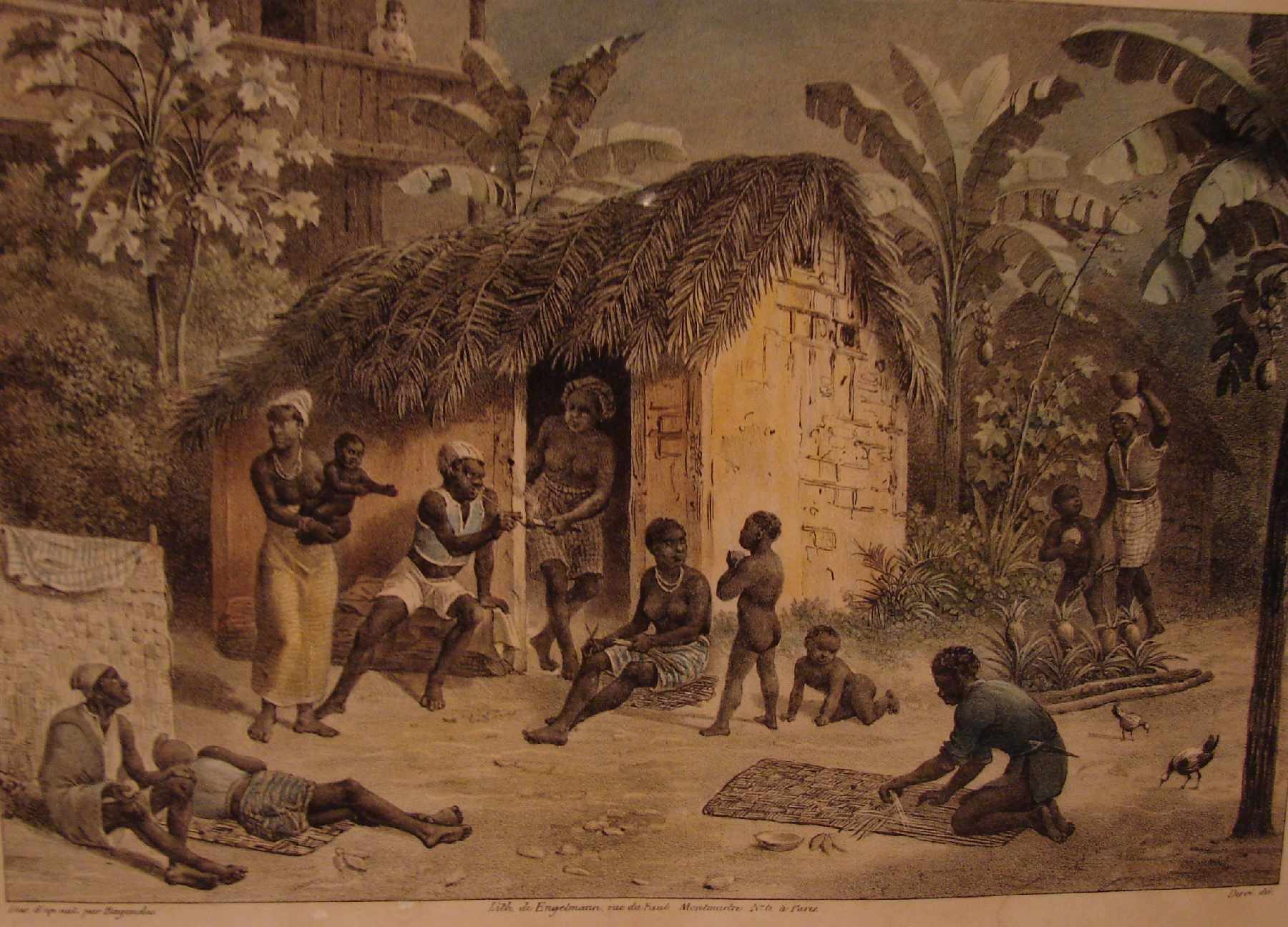The negative influence of the Brazilian press on the illegal slave trade is analyzed in a new book that sheds light on the role played by the media in major national events – by distorting the truth or presenting information related to their interests, as if they were true.
Imprensa e escravidão – política e tráfico negreiro no Império do Brasil – Rio de Janeiro, 1822-1850 (Press and Slavery: Trade and Slave Politics in the Empire of Brazil – Rio de Janeiro, 1822-1850), which was published with the support of the São Paulo Research Foundation (FAPESP), challenges the traditional point of view about the impact of legislation to end the slave trade in Brazil.
It argues that the law, signed on November 7, 1831, was passed to quell international pressure, especially from England, but it changed little about the country’s attitudes.
“What I am trying to prove is that the press played a key role in the revival and maintenance of the illegal slave trade, from 1834-35 and for about 15 years [after that]”, the historian and author, Alain El Youssef, told FAPESP.
He studied Rio de Janeiro newspapers between September 1st, 1822 – Brazil’s Independence Day – until 1850, when the transatlantic slave trade ended.
“I found a close connection between newspaper articles and discussions in the imperial parliament: while conservatives defended trafficking in parliament, they used newspapers to justify the smuggling of slaves and to counter those who criticized them”, El Youssef says.
He also found a close relationship between the media defense of the slave trade and the growth of the coffee economy, mainly among farmers in the Paraíba Valley, in São Paulo state. Business was booming since the late 1820s, and they needed more workers on their haciendas.
Together, farmers and the conservative politicians managed to make the abolitionist law ineffective for 15 years, according to El Youssef.
His research shows that the conservatives used the press to justify the illegal ownership of slaves before the electorate, despite the law. This corresponds to the views of another researcher, Tamis Peixoto Parron, who has studied the debates on trafficking in the imperial parliament.
According to El Youssef, this alliance with the press enabled the conservatives to reach the rest of society “in a faster, wider and more efficient way”.
Maria Ataide Malcher, an expert on mass media at Brazil’s Federal University of Pará, agrees with the book’s central thesis: “The mass media disseminate and help to create social values and beliefs that constitute the ways people look at the world”, she said.
“The relationship between media and politics, therefore, should always be thought of as seeking to understand not only the institutional position of the mass media in the game of power, but also the cultural environment that surrounds and is woven by it,” adds Malcher.
“The media operates in this environment with other social agents (public power, market, educational institutions, etc.) and with society in general.”
This article appeared originally on SciDev Net and can be read here: http://www.scidev.net/global/communication/news/brazilian-press-illegal-slavery.html
SciDev Net – Bringing science and development together through news and analysis – http://www.scidev.net/global/

